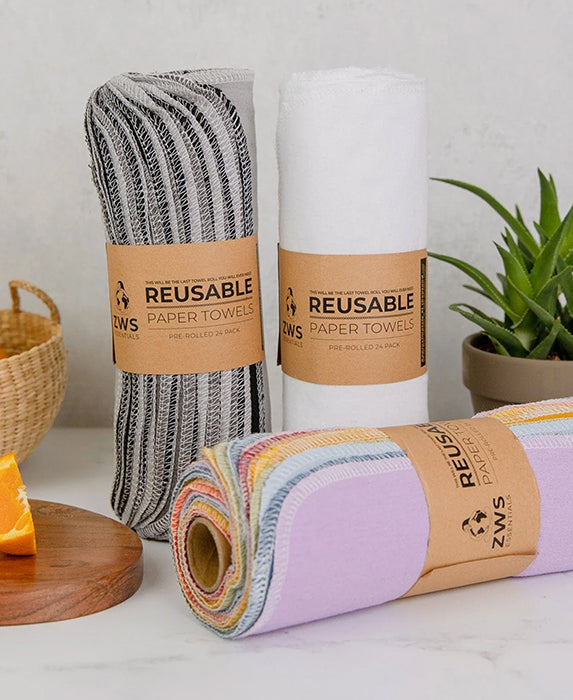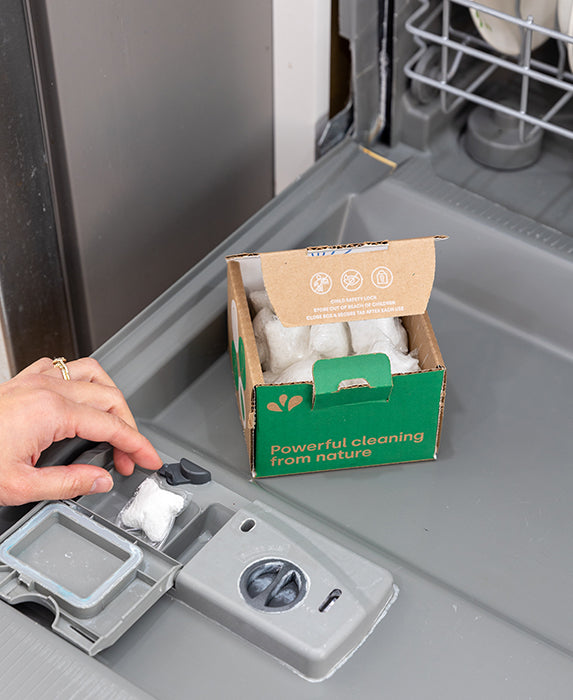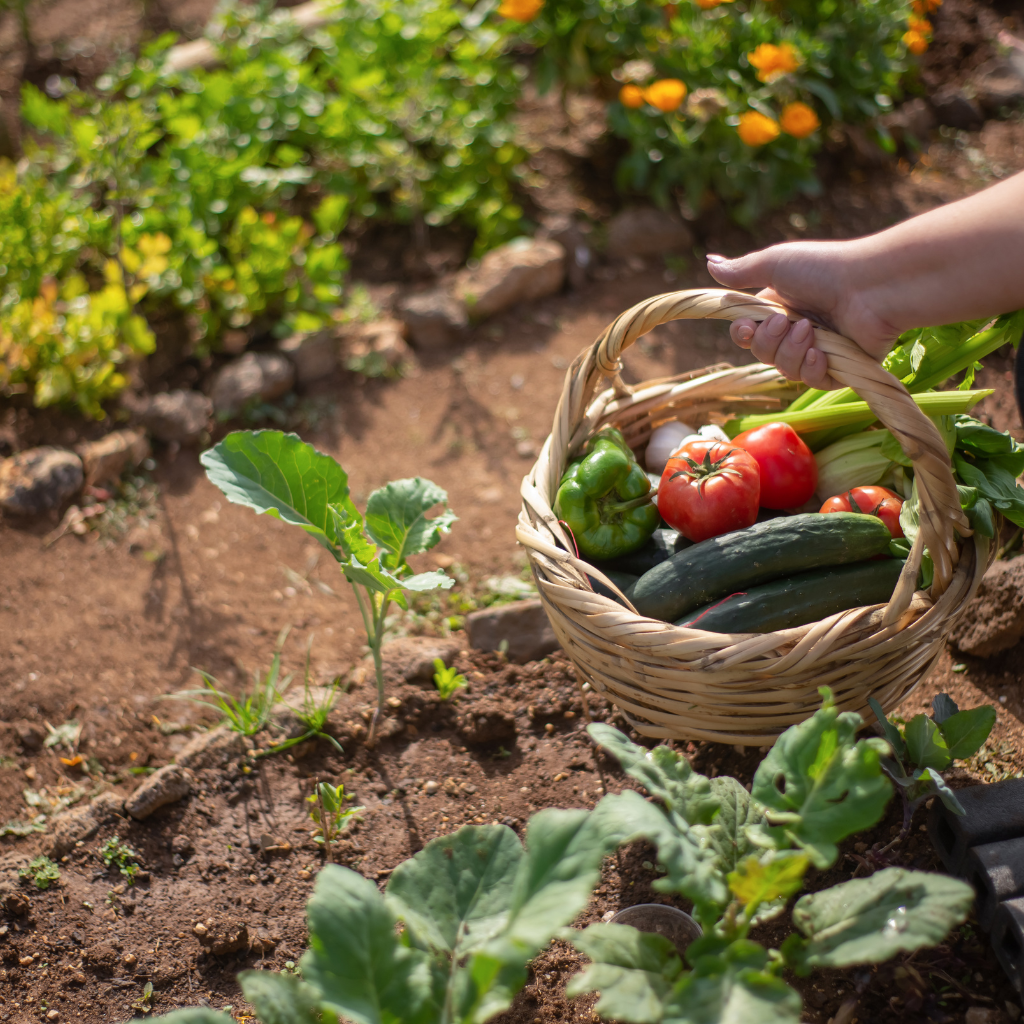In an era where climate change and environmental degradation pose significant threats to our planet, adopting a zero-waste lifestyle has never been more critical. As world leaders gather to discuss the urgent need for sustainable solutions, it is essential to remember that change begins at home.
"Sustainability is no longer about doing less harm. It's about doing more good." – Jochen Zeitz
Importance of zero-waste living
The importance of zero-waste living cannot be overstated, as it plays a crucial role in mitigating the detrimental effects of climate change and resource depletion. By minimizing waste production and embracing sustainable practices, individuals can significantly reduce their ecological footprint and promote more responsible use of resources. Zero-waste living encourages a circular economy, wherein materials with a lower impact are continually reused, recycled, and repurposed, reducing the demand for new resources and minimizing waste generation.
Environmental benefits
Zero-waste living offers numerous environmental benefits, significantly contributing to the preservation and restoration of Earth's ecosystems. Reducing waste sent to landfills and incinerators minimizes harmful greenhouse gas emissions and toxic pollution. Emphasizing reusable, recyclable, and biodegradable products, zero-waste practices conserve resources like water, energy, and raw materials. By curbing waste generation and encouraging responsible consumption, zero-waste living combats plastic pollution, which threatens marine life, water quality, and ultimately our ecosystem.
Sustainable Lifestyle Choices
Let’s explore the five key areas where individuals can make sustainable lifestyle choices:
Conscious shopping habits
The choices we make as consumers have a significant impact on the environment. By adopting conscious shopping habits, we can reduce our ecological footprint by supporting more sustainable brands and the economy. Some tips for conscious shopping include:
- Buy local and in-season produce: Purchasing locally grown, in-season fruits and vegetables supports local farmers and reduces the environmental impact of transportation and storage.
- Choose eco-friendly products: Look for products with minimal packaging and those made from sustainable materials, such as bamboo or recycled materials.
- Reduce, reuse, and recycle: Embrace a minimalist lifestyle by reducing unnecessary purchases, reusing items when possible, and recycling when appropriate.
Supporting ethical brands
As consumers, our purchasing power can encourage brands to adopt sustainable and ethical practices. By supporting ethical brands, we can promote responsible sourcing of materials, fair labor practices, and environmentally-friendly production methods. To identify ethical brands, consider the following:
- Research company values: Look for companies committed to sustainability, promote zero-waste products, ethical sourcing, and fair labor practices.
- Look for certifications: Certifications like Fair Trade, B Corp, and Rainforest Alliance indicate that a company meets specific sustainability and ethical standards.
- Read product labels: Labels such as Organic, Non-GMO, and Cruelty-Free provide information about a product's environmental and ethical attributes.
- Join online communities: Platforms like Good On You and Ethical Consumer provide resources and reviews to help consumers make informed decisions about ethical brands.
Choose Green Transportation
Transportation is a significant contributor to greenhouse gas emissions, and choosing green transportation options can significantly reduce our environmental impact. Some green transportation alternatives include:
- Walking and cycling: Opt for active transportation whenever possible, especially for short distances. This reduces emissions and provides health benefits.
- Public transportation: Buses, trains, and trams are more energy-efficient than personal vehicles, reducing emissions and traffic congestion.
- Carpooling: Sharing rides with friends, family, or colleagues can reduce the number of vehicles on the road and minimize each individual's environmental impact.
- Electric and hybrid vehicles: If you own a car, consider purchasing an electric or hybrid vehicle to reduce emissions and fuel consumption.
- Using financial services like Future Card: You can benefit from 6% cashback at FuturePartners, including EarthHero, as well as 5% cashback on eco-friendly options such as public transportation, electric charging stations, bikes and scooters, refurbished clothing, electronics and furniture, and plant-based alternatives to meat, dairy, and eggs.
Community Involvement in local zero waste initiatives
Joining local zero-waste initiatives is an excellent way to connect with like-minded individuals, share resources, and make a collective impact on waste reduction. Some ways to get involved include:
- Participate in community cleanups: Organize or join local cleanups to remove litter from parks, beaches, and streets.
- Attend zero waste workshops: Learn from experts about strategies for reducing waste in your daily life, such as composting, recycling, and upcycling.
- Start a community garden: Community gardens promote local food production, reduce waste from packaging, and encourage healthy eating habits.
- Advocate for waste reduction policies: Engage with local government officials and advocate for policies that support waste reduction, such as banning single-use plastics or implementing composting programs.
Adapting zero-waste living to different situations
While minimizing waste production in all aspects of life may seem challenging, it is possible to adapt zero-waste principles to various situations. Here are some tips for different contexts:
- At home: Reduce household waste by embracing reusable products, such as cloth napkins, beeswax wraps, and reusable containers. Start composting food scraps and recycle items that cannot be reused
- At work: Encourage colleagues to adopt zero-waste practices, such as using reusable coffee mugs, printing double-sided, and recycling office supplies.
- While traveling: Bring reusable items like water bottles, cutlery, and shopping bags, and avoid single-use plastics in hotels and restaurants. Choose eco-friendly accommodations and transportation options when possible.
- In social situations: Spread awareness of zero-waste living by sharing your practices with friends and family. Host zero-waste parties or potlucks, where guests are encouraged to bring reusable containers and utensils.
The journey toward a greener future
The journey towards a greener home and lifestyle may be challenging, but the positive impact of individual actions on the environment is undeniable. By consciously adopting eco-friendly habits, we can make a meaningful impact on our planet's health and future. Small, consistent changes in our daily lives can add up to significant positive changes for the world.
Drawing inspiration from the words of climate activist Greta Thunberg, who asserted at the 2019 UN Climate Action Summit, "The world is waking up. And change is coming, whether you like it or not," we hope to inspire and equip readers with the tools and knowledge necessary to make lasting, meaningful changes for a greener home and lifestyle.
Author's bio: Valentino Chiavarini is a serial entrepreneur with a passion for sustainability and digital marketing. He firmly believes that small individual actions can create significant, lasting impacts. As the founder of Green Hive, Valentino and his team have carefully curated a sustainable brand directory, highlighting some of the most innovative and forward-thinking eco-friendly brands in the market.









